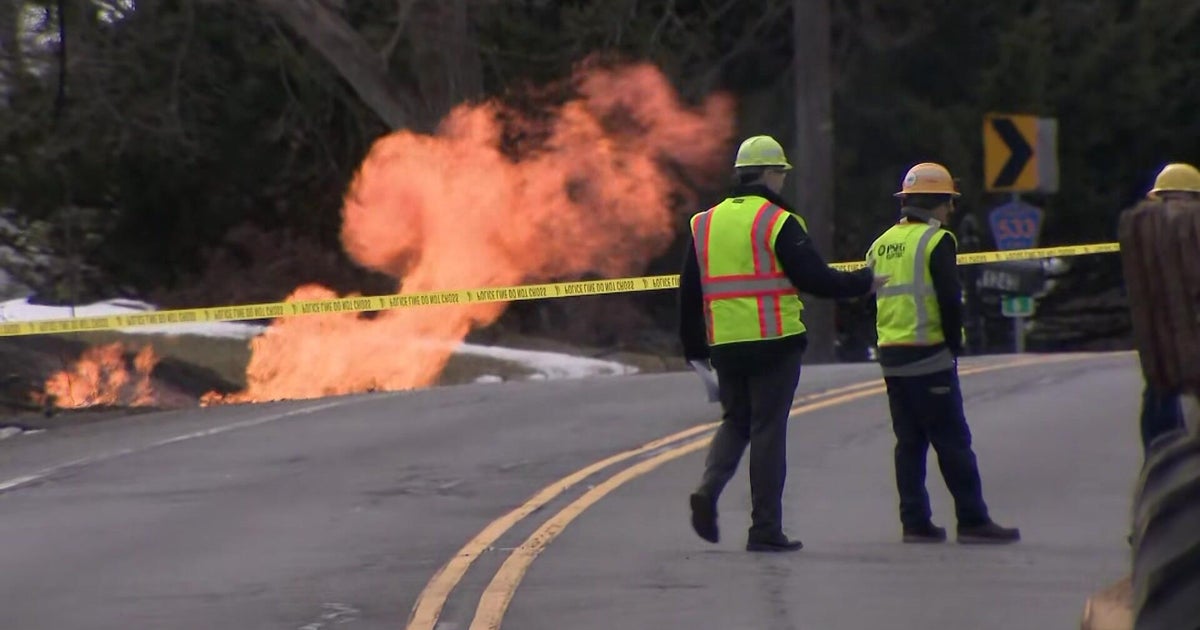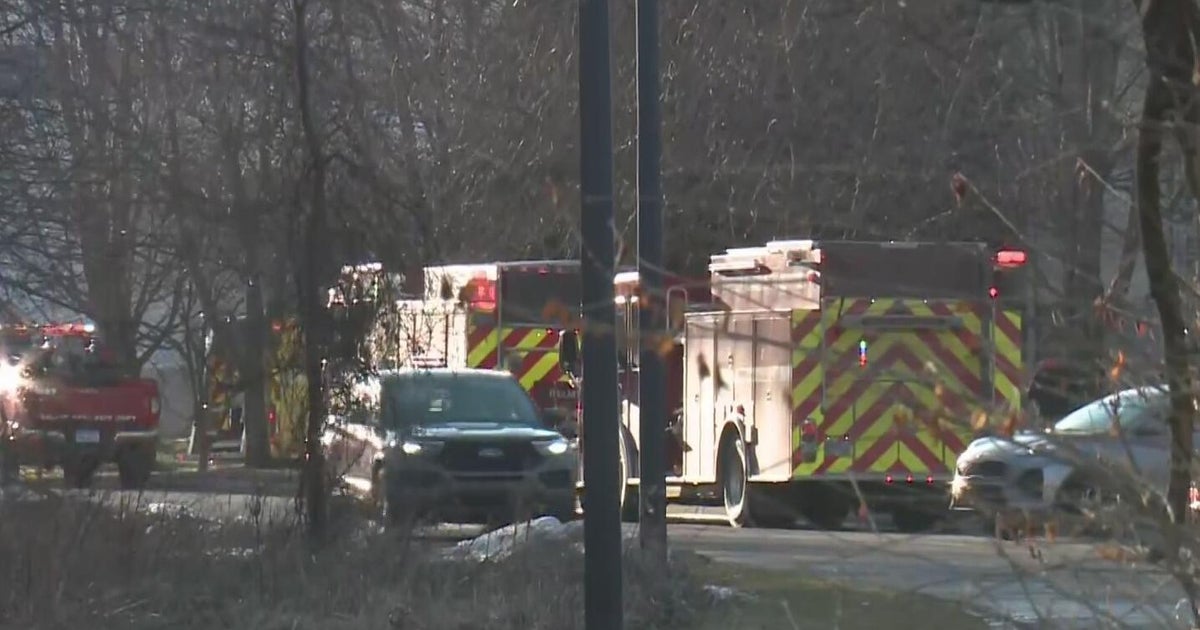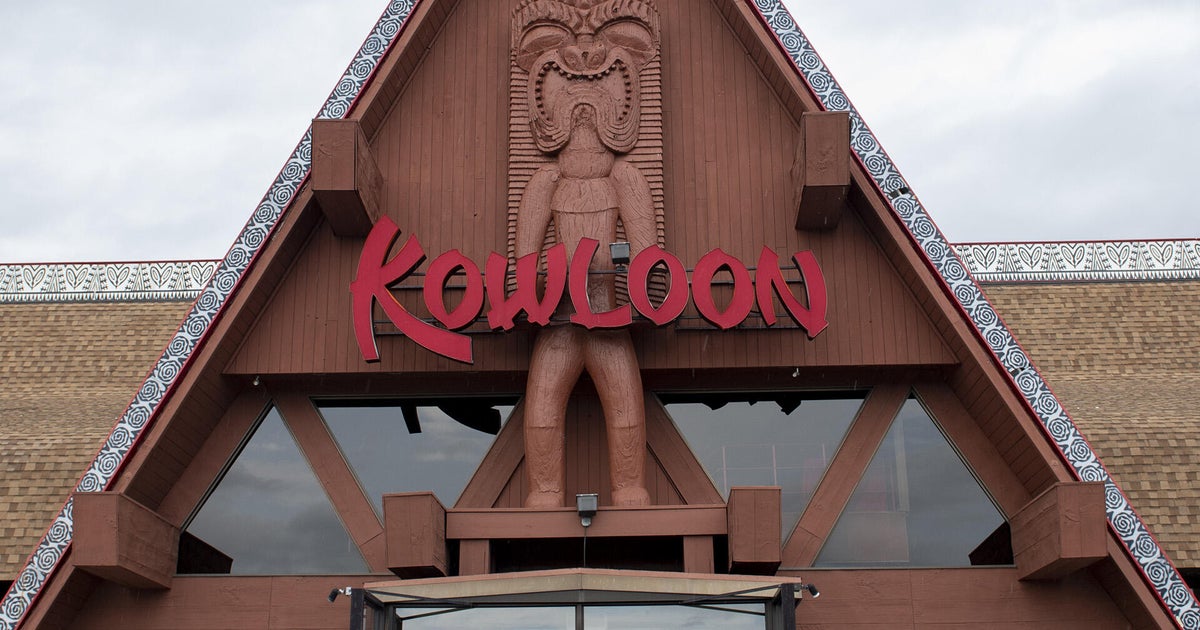Debate Brews Over Ethanol Percentage In Gas
BOSTON (CBS) - Few drivers think much about what is in the gas they put in their car. If you own a boat, however, chances are you think about it all the time.
North Reading's Dave West, who keeps his boat at the Constitution Marina in Charlestown, says gas creates all kinds of headaches on his boat.
Jason Speekart owns a small engine repair shop in North Attleboro and he says many of the problems he sees in lawn mowers, chain saws and weed trimmers are also caused by gasoline.
"Hard-starting, surging, where the engine revs up and down," Speekart explained.
The problem, according to both, men is ethanol.
It's an alcohol made from distilled corn that makes up 10% of the gas at every pump in Massachusetts. A fuel they say wreaks havoc on boats and small engines.
Speekart believes ethanol causes the vast majority of repair jobs in his shop.
"You're getting pitting, corrosion, irreversible damage," Speekart explained.
West has no doubt that ethanol was to blame when his boat died in the middle of Boston Harbor.
"Blew out the fuel line because the ethanol ate away at the o-ring," West said.
Experts say the ethanol attracts water from the air and that contributes to the engine problems in boats and small machines. Car engines, on the other hand, are more sophisticated and are designed to run on the 10% ethanol fuel known as E10.
Recently, the Environmental Protection Agency approved increasing the amount of ethanol to 15%, a move that worries Mike Stanton of Global Automakers.
"We expect problems," said Stanton.
Part of the problem is that the new gas, known as E-15, won't work in cars made before 2001 so E-10 will still be available at all gas stations. Then, drivers of newer cars will have the option of using either E10 or E15.
Stanton worries that could create confusion and engine trouble if drivers use the wrong fuel.
"It could lead to repairs in the neighborhood of $2,000 – $4,000," Stanton said.
Brooke Coleman of the Advanced Ethanol Council believes consumers are capable of handling the choice. While he admits there are problems with ethanol and the boating industry, he believes car owners will only notice one major difference. E-15 will be about $.05 - $.10 cheaper per gallon than E-10.
According to Stanton, warranties could be another issue. Most manufacturer warranties are written for E10 fuel only. If a driver chooses the E15 he will be out of compliance and could be on the hook for the bill if something goes wrong.
Coleman insists E15 has been well tested and will run well in cars made after 2001. He also points out that E15 burns cleaner than E10. He understands, however, that change can be difficult.
"Everyone said the sky was falling when we eliminated lead from gasoline. I think at the end of the day consumers are going to like to buy high octane fuel for less money," Coleman said.
The only way to know for sure is to see what happens when E15 hits the market. But that may be delayed. The auto industry has filed suit to block the arrival of E15. A decision is expected sometime this summer.
While E-15 may burn cleaner than the gas currently used by the majority of drivers, many environmentalists are still on the fence about whether to fully support it.
Also, some have concerns about the environmental impact of growing millions of acres of corn used to produce the fuel.







